I was a homeroom teacher for high school seniors.
I had at least three or four meetings with parents and guardians, starting with multiple meetings about career paths, home visits at the beginning of the school year, summer break, winter break, and a three-way meeting at school after the National Center Test.
These meetings often ended in small talk, but I think it was not a waste of time, as the students’ problems could suddenly appear in the small talk. In the home visits and three-way meetings, I usually prepared materials such as mock tests to objectively grasp the current situation and confirm future issues.
It is not up to the student alone to decide what to do. Since it is the parents who pay for the examinations, the examinations cannot be held without their approval. The school (homeroom teacher) is supposed to act as a mediator between the two. However, as for me, although It took long since my parents passed away, I rarely had any serious discussions with my parents about my career path. I simply stated which university I wanted to go to (or take entrance exams for) and my parents never interfered. Thinking about it, I think they thought it was unusual for me to want to go to university.
After all, I was the epitome of a problem child, leaving school early without notice before my math class, which I hated. I remember my father watching me sweating and studying in my four and a half tatami room during the summer vacation, pretending to work from outside the house, wondering what was going on. At that time, the entrance examination fee for private universities was about 20,000 yen, but my parents didn’t say anything when I said I would apply to four or five schools. They gave me 100,000 yen without saying a word. The only department I could think of was literature, but my father, who was an economics major, didn’t say a word to me about taking the literature exam, which might not even be useful. I think he probably thought it was a good thing that I was still alive. I think it had something to do with the fact that I had experienced the death of a friend and was in a dangerous situation myself.
It was ironic that I would follow in my father’s footsteps and become a teacher. I never thought I would find a job in the place I feared the most, school. The fact that I was able to work for more than 20 years is also a miracle.
There is a measure of whether you are suited to be a teacher or not. It is the educational training. It would not be an exaggeration to say that the experience here will determine whether you will become a teacher or not. I had already been teaching at a prep school at the time, so I was quite familiar with the subject. I was also happy to see that people like me were willing to follow me in teaching. I remember well that my supervisor at the education practice told me that I had the qualifications to be a teacher, which made me happy.
The interview after the Center Test was an important one because the students had to decide where they would take the national and public entrance examinations. I no longer used words of praise to motivate the students in those interviews, but instead picked out universities that I thought they would be able to get into and presented them.
At that time, the Internet was not as widespread as it is today, so the school was quicker to make a decision than the prep school. That’s how much data the schools had, and they used that data to narrow down the schools they wanted to attend.
One female student. She was an earnest student from the countryside who had never violated any school rules. She appeared in front of me with her father, and without a word of praise for all her efforts, I told her that there was no public university she could get into. I mentioned potential private universities and junior colleges, but I only spoke one way. The interview lasted less than ten minutes. I couldn’t help but watch as the student nodded and left. I think she probably resented me. The image of the student and his father kept coming back to me, wondering if I could have been a little kinder to her. It was hard for me to forget that I was doing what I hated to do the most.
The student entered a private junior college, and several years passed.
One day, when one of my former students came to school to play, I heard something surprising.
That student is now an English teacher for junior high school students.
Even in the countryside, there are still many people who want to become teachers. I don’t know if she transferred from a junior college to a university.
But what I do know is that I felt that she had taken revenge on me in a way.
I guess she was frustrated. She must have wanted to get back at me.
After graduation, I retired without ever seeing the student again.
I looked back at myself as the teacher I had become, the one I hated so much.
I’m sure she will be a fine, healthy teacher who understands the feelings of her students.
I’m sorry about that time. I didn’t say enough. Please don’t become a teacher like me.


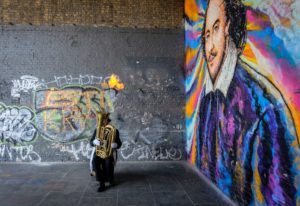

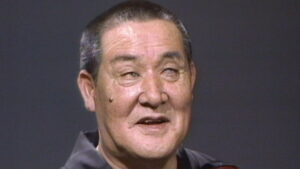
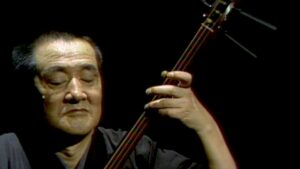
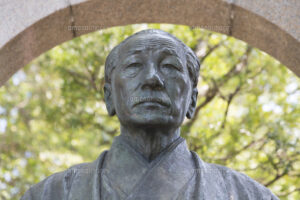
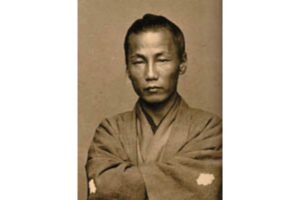


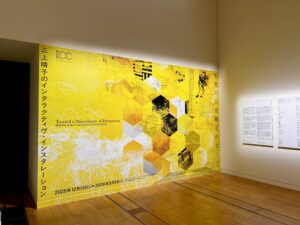
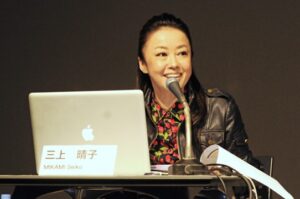
コメント